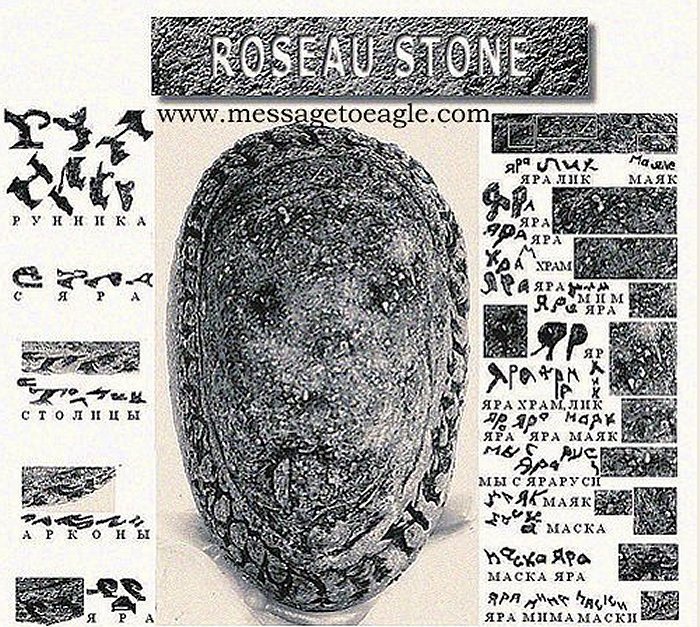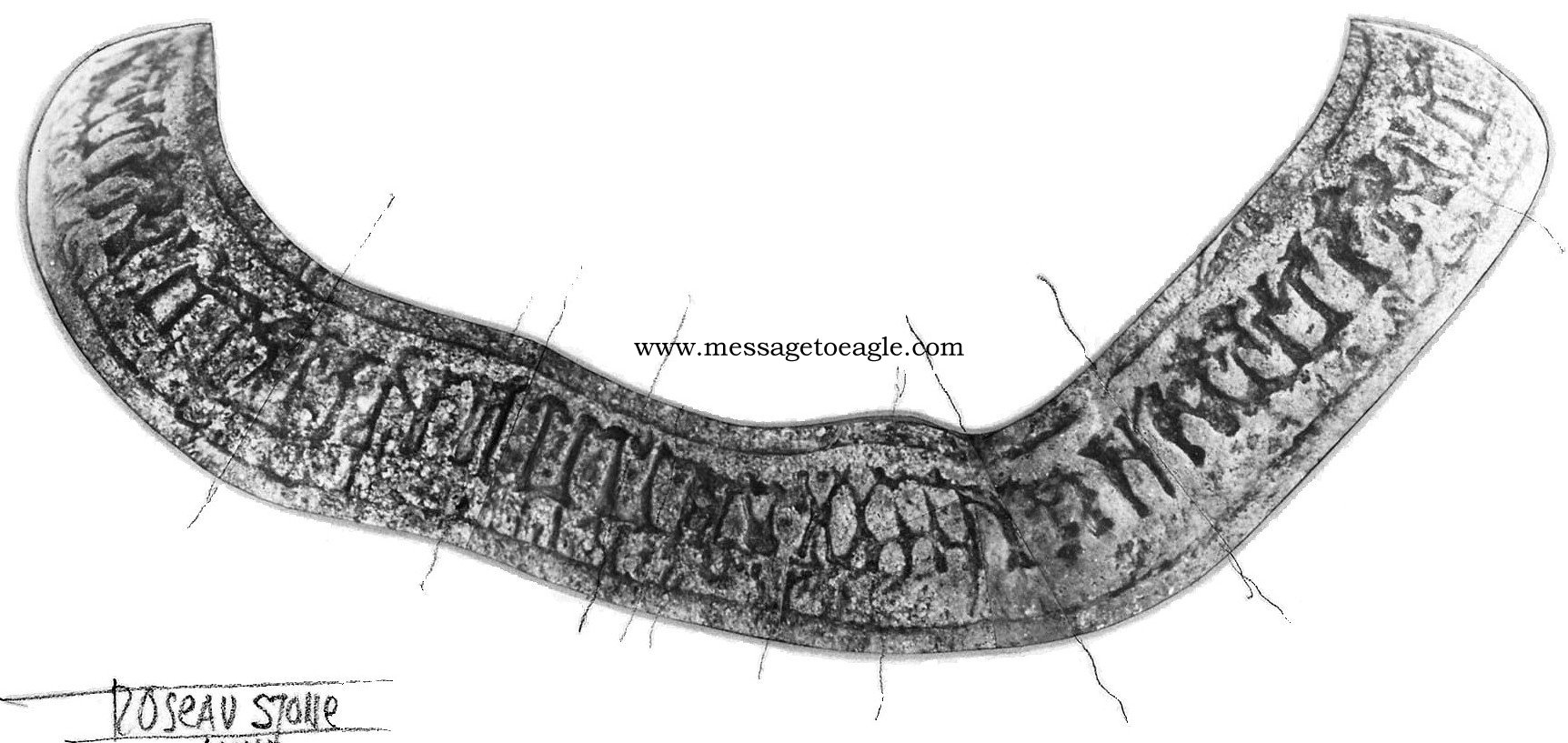Incredible Roseau Stone Reveals 200,000-Year-Old Writing
Ellen Lloyd – MessageToEagle.com – The incredible Roseau Stone discovered in Minnesota, US could easily re-write our history.
The stone does not only reveal that several ancient civilizations from across the sea visited North America in prehistoric times, but also that our ancestors were familiar with writing 200,000 years ago!
The story of this incredible stone is shrouded in mystery.
Putting together the pieces is almost like solving a detective story.
Now, let us try and unravel the mystery and learn more about this fascinating object.
The small stone, not more than perhaps two inches was discovered in 1927 in Roseau, Minnesota by Mr. Jake Nelson. While digging in his garden, he accidentally came across several stone hammers, arrowheads, ceramic shards, animal bones, and this precious stone. One of the reasons he was able to uncover so many artifacts was because his home was on the site of an ancient Indian settlement.
The stone was given to John Jager, a famous American anthropologist, and expert on ancient texts. Jager was a remarkable scientist. He was a genius interested in world-wide anthropology and epigraphy. He was also one of the first pioneers to put forth the idea of cultural diffusion and global travel, to North America, by the ancient mariners.
When Jager compared the engravings on the Roseau stone with other ancient inscription samples collected from around the world, he made a stunning discovery.
“This inscription was made by ancient Greek and Egyptian civilizations. There are even Sumerian signs. Sumer is considered to be the first civilization on Earth and it is older than the Cathay Hüyük (Katal-huyuk) in Anatolia (Turkey),” he wrote in his diary.
Roseau famous stone, found in America, once decrypted. As it turned out, even before the Sumerians Russian words were written in the same way as now. In the tape-rim stone hidden words, and above shows the face of the ancient goddess of Yara: a pair of dark eyes, beads and canine, sticking out of the closed mouth. From above it is clear that the stone is oval, very reminiscent of a lion’s face from the front, which is most characteristic of the zoomorphic face Yar. On the circumference is an intricate decorative pattern — a belt. His signs are clearly visible, but the style of writing very similar ligature — writing style, which is usually written section titles (chapters) manuscripts.
Roseau famous stone, found in America, once decrypted. As it turned out, even before the Sumerians Russian words were written in the same way as now. In the tape-rim stone hidden words, and above shows the face of the ancient goddess of Yara: a pair of dark eyes, beads and canine, sticking out of the closed mouth.
From above it is clear that the stone is oval, very reminiscent of a lion’s face from the front, which is most characteristic of the zoomorphic face Yar. On the circumference is an intricate decorative pattern — a belt. His signs are clearly visible, but the style of writing very similar ligature — writing style, which is usually written section titles (chapters) manuscripts.
Jager examined the stone for two years. In his notes, he wrote that the runes on the Roseau Stone were sometimes in two rows, one on top of each other. Some of them were small while others were larger.
After some time, Jager identified the runes not as Scandinavian as some would believe, but as medieval, southern European, and therefore with a root origin from the Balkans and Slavic regions.
The runes Jager identified on the Roseau Stone are ancestors to scripts used later in Russia.
This was, without doubt, a sensational discovery.
It would mean that people of ancient Russia visited North America 200 000 years ago! Furthermore, it would also imply that an ancient Russian civilization developed writing long before Sumerians.
What happened next is a disaster.
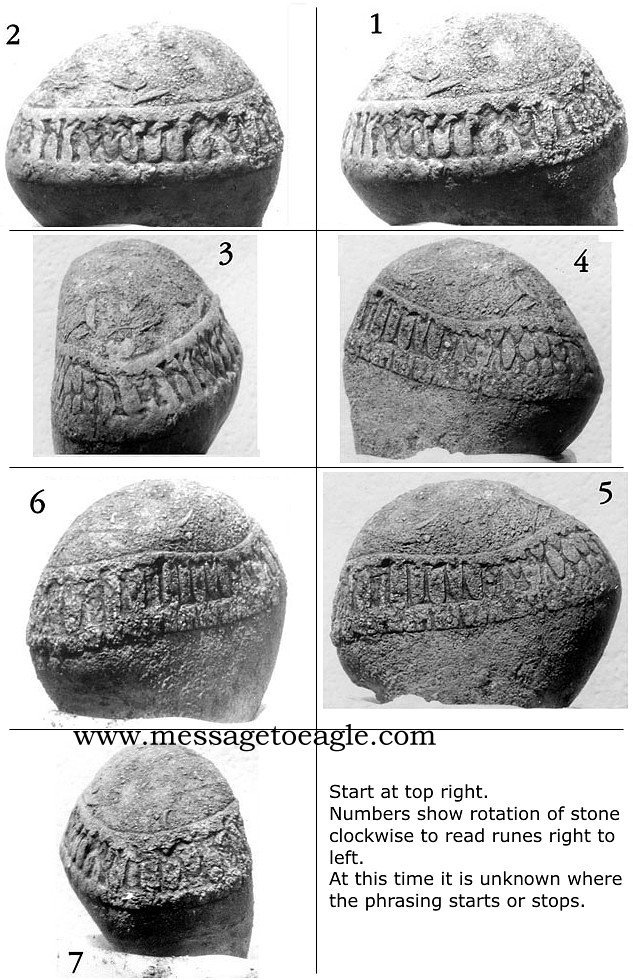
Jager created the “Ribbon” using the old photographic methods of the time. In those days people did not have the same camera equipment and computer software we have today. He did what he could with the tools he possessed.
After he took the photographs, he gave the Roseau stone to Anthropology Professor Jenks and Geology Professor Stauffer at the University of Minnesota.
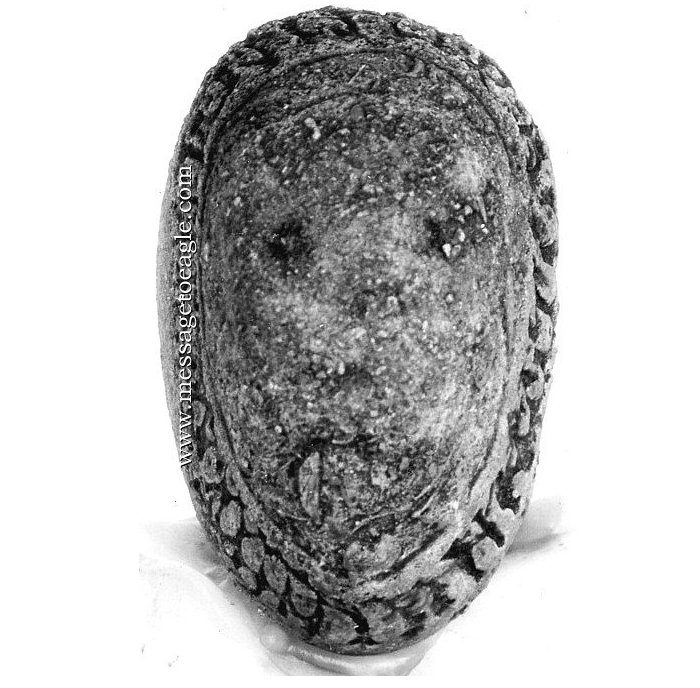
The photos taken by Jager survived in a library file that was located a few years ago. After his death, most of his were burned when his widow died and could not protect them anymore.
Investigation reveals that the Roseau stone was in possession of a certain Mike Holm who lived a little longer than Jager. After Holm’s death, the stone was stored with his other belongings at the State Historical Society in St. Paul, Minnesota.
Based on what is the last known, the stone was donated by the family of Theodore Blegen to the Elmer L. Anderson Library in Minnesota. The Roseau stone has been added to an ongoing exhibit at the ELA Library entitled Headwaters of History (ASC Joint Exhibit).
The Roseau stone is a unique artifact that deserves much more examination.
Written by Ellen Lloyd – MessageToEagle.com
Copyright © MessageToEagle.com. All rights reserved. This material may not be published, broadcast, rewritten or redistributed in whole or part without the express written permission of MessageToEagle.com.
Related Posts
-
 What Is Causing Mexico City To Sink?
No Comments | Dec 3, 2016
What Is Causing Mexico City To Sink?
No Comments | Dec 3, 2016 -
 Acacia Tree Uses Ants As Body Guards And Rewards Them With Shelter And Food
No Comments | Nov 3, 2016
Acacia Tree Uses Ants As Body Guards And Rewards Them With Shelter And Food
No Comments | Nov 3, 2016 -
 Controversial Theory Suggests “Hobbits” Were Not Human
No Comments | Apr 13, 2015
Controversial Theory Suggests “Hobbits” Were Not Human
No Comments | Apr 13, 2015 -
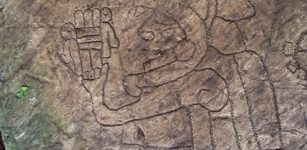 Unique Carving Of ‘Wise Man’ – What Is He Holding In His Hand?
No Comments | Jul 2, 2014
Unique Carving Of ‘Wise Man’ – What Is He Holding In His Hand?
No Comments | Jul 2, 2014 -
 Bad And Good Karma Depends On Us – We Are Architects Of Our Own Fate
No Comments | Aug 14, 2018
Bad And Good Karma Depends On Us – We Are Architects Of Our Own Fate
No Comments | Aug 14, 2018 -
 Ancient Underwater ‘Lion City’ Rests Beneath The Thousand Island Lake
No Comments | Feb 27, 2014
Ancient Underwater ‘Lion City’ Rests Beneath The Thousand Island Lake
No Comments | Feb 27, 2014 -
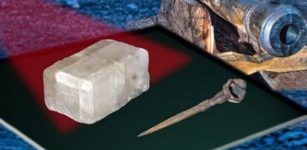 Legendary Viking Sunstones Did Exist: Viking Sagas Were More Truthful Than We Realized
No Comments | Sep 18, 2023
Legendary Viking Sunstones Did Exist: Viking Sagas Were More Truthful Than We Realized
No Comments | Sep 18, 2023 -
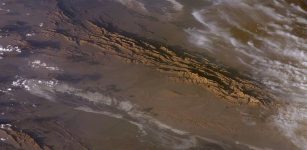 Where Is The Hottest Place On Earth?
No Comments | May 22, 2016
Where Is The Hottest Place On Earth?
No Comments | May 22, 2016 -
 World’s Oldest Man-Made Engraving On The 500,000-Year-Old ‘Pseudodon Shell’
No Comments | Dec 4, 2014
World’s Oldest Man-Made Engraving On The 500,000-Year-Old ‘Pseudodon Shell’
No Comments | Dec 4, 2014 -
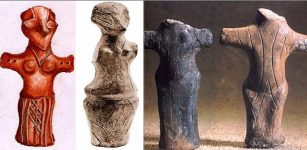 Mysterious Ancient Vinca Culture And Its Undeciphered Script
No Comments | Sep 30, 2015
Mysterious Ancient Vinca Culture And Its Undeciphered Script
No Comments | Sep 30, 2015


